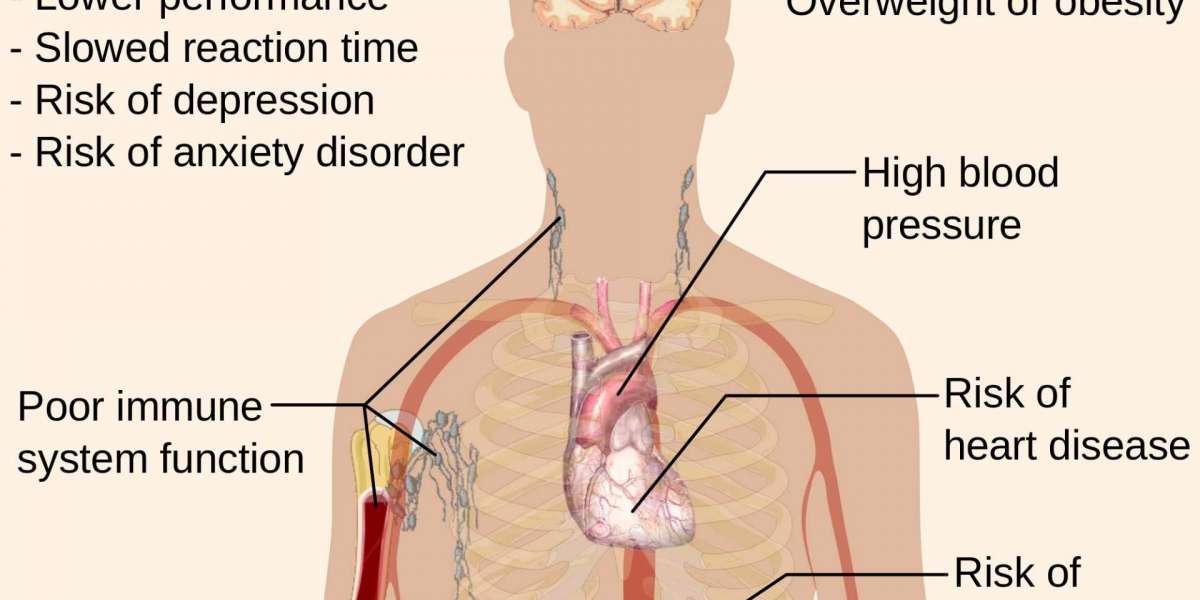Introduction:
Millions of people worldwide suffer from Attention Deficit Hyperactivity Disorder (ADHD), a neurodevelopmental disorder. Despite being widely known, there are a lot of myths and misconceptions about ADHD that lead to misinformation, misunderstandings, and stigma. We explore some of the most widespread fallacies around ADHD in this post, dispelling misunderstandings and offering a more comprehensive knowledge of the disorder.
Myth 1: A lack of willpower or discipline is the only cause of ADHD.
A widely held misconception regarding ADHD is that it is solely caused by a deficiency of self-control or determination. As it turns out, ADHD is actually a neurodevelopmental condition marked by abnormalities in the structure and function of the brain. ADHD patients frequently experience impulsivity, hyperactivity, and inattention, which are symptoms that are outside of their control and do not just result from a lack of effort.
Studies have revealed a connection between ADHD and variations in the prefrontal cortex of the brain, which controls executive processes like planning, impulse control, and attention. These variations may impact an individual's capacity to control their conduct and concentrate their attention, resulting in challenges in all facets of life.
Myth 2: ADHD Is Exclusive to Children.
Even while ADHD is frequently identified in children, many people might continue to have it well into adolescence and adulthood. Indeed, studies indicate that symptoms of ADHD may persist into adulthood for as many as 60% of children diagnosed with the disorder. Adults with ADHD may exhibit distinct symptoms, including impulsivity, disorganization, and trouble managing their time.
Adults with ADHD may also experience particular difficulties in daily functioning, relationships, and the workplace. Despite this, a large number of individuals with ADHD remain unidentified and untreated, which causes problems in a variety of spheres of life. It's critical to understand that ADHD affects people of all ages and is not limited to youth.
Myth 3: There is an overdiagnosis and overmedication of ADHD.
It is true that more people are being diagnosed with ADHD and using medications, but this does not always indicate that ADHD is being overdiagnosed or overmedicated. Alternatively, it can indicate a better knowledge and comprehension of the illness, which would result in a more precise diagnosis and course of therapy.
Given the complexity of ADHD and its wide range of symptoms and severity levels, diagnosis of the condition necessitates a detailed assessment by trained medical professionals. Furthermore, medication is only one part of treating ADHD; many patients benefit from a mix of behavioral therapies, counseling, and medication.
Myth 4: People with ADHD Can't Succeed in School or Work.
Contrary to popular belief, individuals with ADHD can and do succeed in school and work. While ADHD may present challenges in these settings, it does not preclude individuals from achieving their goals and reaching their full potential.
With appropriate support, accommodations, and strategies, individuals with ADHD can excel academically and professionally. This may include interventions such as organizational tools, time management techniques, and specialized educational or workplace accommodations.
Myth 5: ADHD is Just a Childhood Phase That Children Will Outgrow.
While some children may outgrow ADHD symptoms as they mature, many individuals continue to experience symptoms into adolescence and adulthood. ADHD is a lifelong condition that often requires ongoing management and support throughout the lifespan.
Even if symptoms improve with age, individuals with ADHD may still face challenges related to organization, time management, impulse control, and emotional regulation. It's important to recognize that ADHD is not simply a phase that children will outgrow, but a complex neurodevelopmental disorder that can have lasting effects on various aspects of life.
Conclusion:
ADHD is a complex neurodevelopmental disorder that is often misunderstood and surrounded by myths and misconceptions. By debunking these myths and gaining a clearer understanding of the condition, we can reduce stigma, promote awareness, and support individuals with ADHD in reaching their full potential.
ADHD is not just a lack of discipline or willpower, nor is it limited to childhood. It is not overdiagnosed or overmedicated, and it does not preclude individuals from succeeding in school or work. ADHD is a lifelong condition that requires ongoing management and support, but with the right interventions and strategies, individuals with ADHD can thrive and lead fulfilling lives. It's time to dispel the myths and misconceptions surrounding ADHD and foster greater understanding, acceptance, and support for all individuals affected by the condition.




